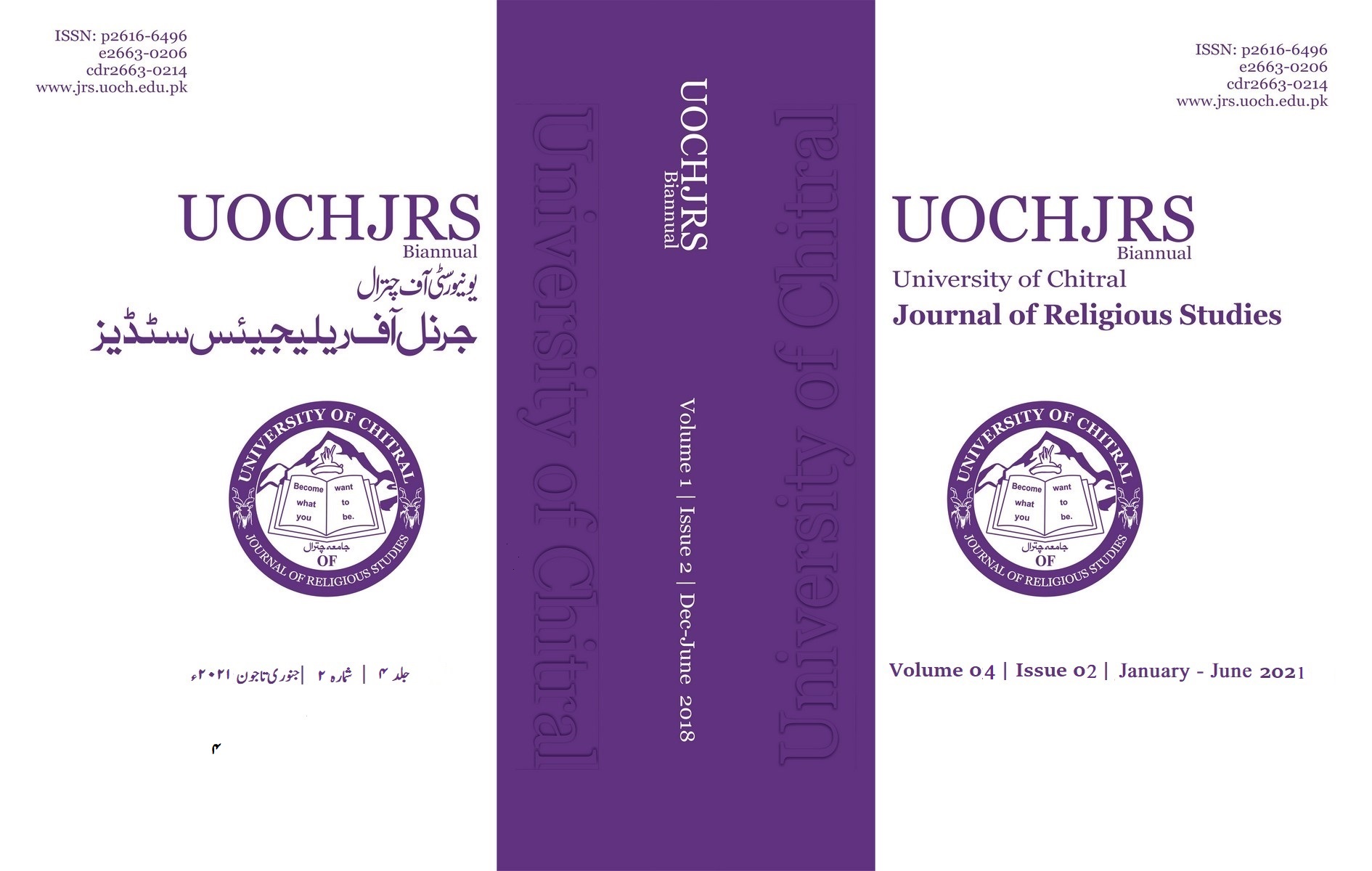Maududi’s Political Theology: A Critical Review of the Names and Attributes of God in Tafhim ul Qur’an
DOI:
https://doi.org/10.33195/journal.v3i1.414Abstract
Maududi's"Tafhim ul Qur'an" is one of the interpretations that has been influenced by alien viewpoints, particularly in political affairs, as it is one of the major purposes on which Maududi based his methodology. As a result, we see Maududi interpreting many Qur'anic verses according to his own personal will and opinion, rather than consulting well-known and authentic Qur'anic sources, and because he was seeking power by any means possible, he attempted to interpret the names and attributes in that direction. Of course, under the guise of establishing Islamic law, this type of interpretation has opened the way to rebellion against Muslim rulers in Islamic countries. This method also influenced radical Islamic groups, who used it to excuse their crimes in the Islamic world, and the Islamic world is currently beset by issues as a result of this trend. The purpose of this research is to reveal these political interpretations in the "Tafhim ul Qur'an," and we have focused on the interpretations of God Almighty's names and attributes as Maududi explained them in a purely political interpretation without consulting approved exegetical sources. A comparative method is utilized in this article, in which I provide Maududi's opinions and then compare them to the interpretations of notable Islamic scholars, in order to determine the accurate meaning of these verses.
Keywords: Maududi, Tafhim ul Qur’an, Political Theology, Islam, Qur’an


